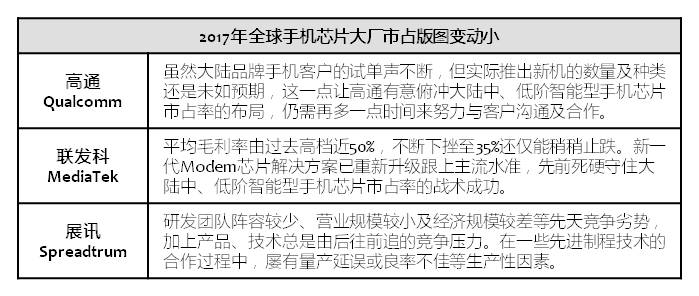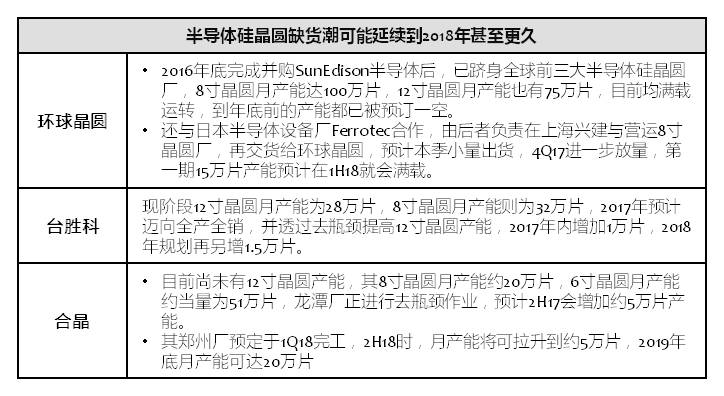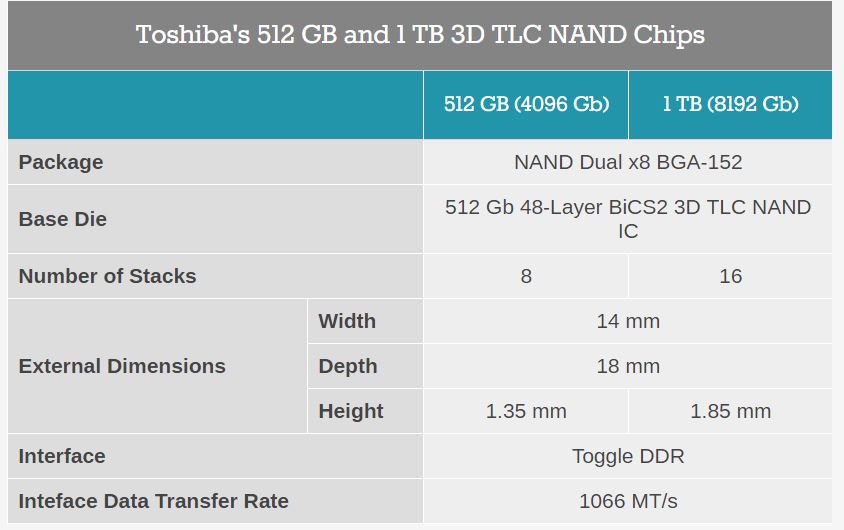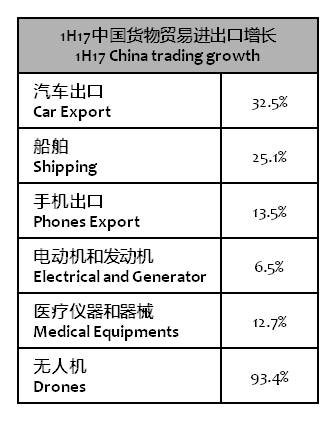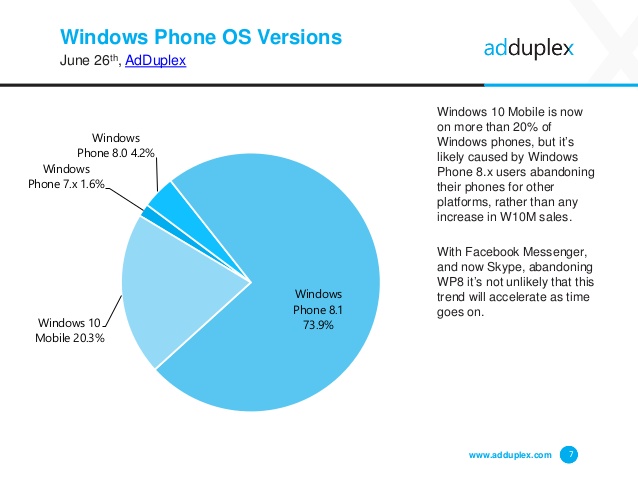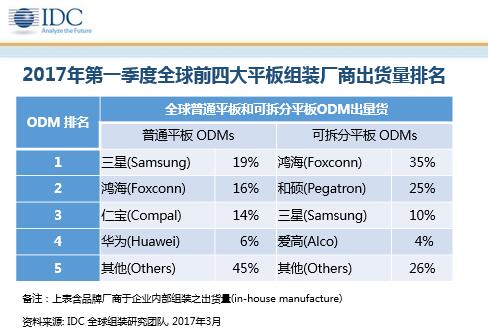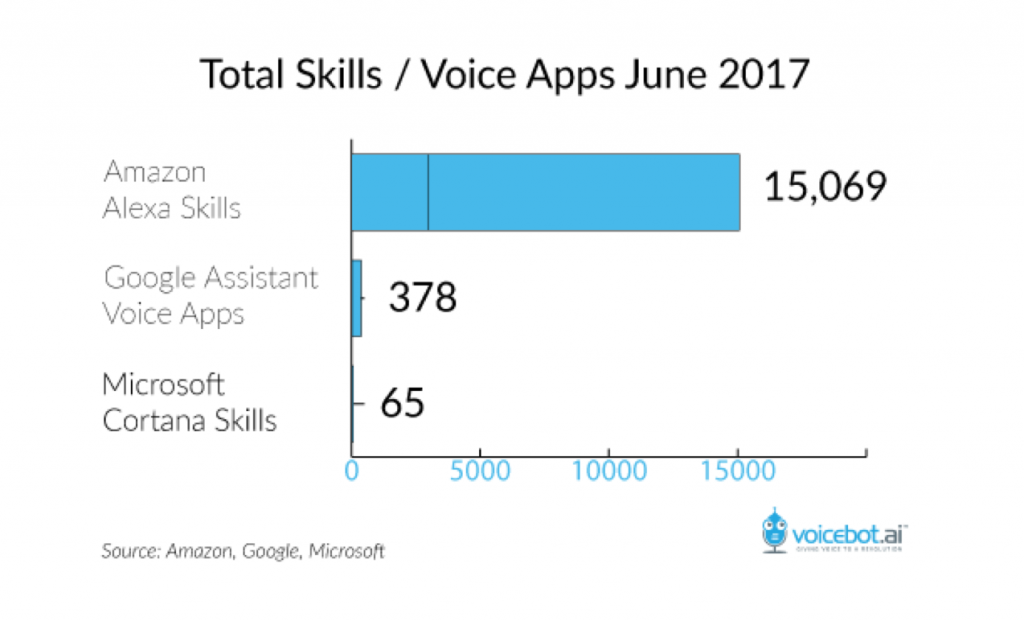07-16: The shortage of silicon wafer is expected to continue throughout 2018 or even longer; Microsoft is killing off support for Windows Phone 8.1; etc.
Chipsets
According to Digitimes, Qualcomm leads, MediaTek stays at the middle, and Spreadtrum trails behind is the situation that is not going to change in 2017. That is because the smartphone market is maturing with slower growth, the gross margin of chispets keeps dropping. Even though there will be competition between these top 3 vendors, they are not going to invest much trying to change the positions. (Laoyaoba, Sina, Digitimes, KK News)
Most of the world’s electronic products are already produced by Chinese enterprises. Now China wants to use their own chips to assemble these products. Although the manufacture of semiconductor components are much more difficult than the assembly of mobile phones, but from the experience of many industries, if China does not have the industry subversive ability, that would be a mistake. (Laoyaoba, WSJ)
In 2017 silicon wafer is under supply, and thus the cost has increased. Up to now, there is no improvement on the situation. The shortage is expected to continue throughout 2018 or even longer. (UDN, Laoyaoba)
Memory
Toshiba has announced development of its BiCS flash three-dimensional (3D) flash memory utilizing through-silicon via (TSV) technology with 3-bit-per-cell (triple-level cell, TLC) technology. Shipments of prototypes for development purposes started in June, and product samples are scheduled for release in 2H17. (CN Beta, AnandTech, Digitimes, press)
Smartphones
According to China Customs, in 1H17, China’s trade in goods import and export value amount to CNY13.14T, up 19.6% on year. It is worth noting that China’s foreign trade commodity structure is being optimized, part of the high value-added mechanical and electrical products and equipment manufacturing products to maintain a good momentum of exports. (EE World, Xinhuanet, Zaobao, iResearch)
Microsoft is killing off support for Windows Phone 8.1. AdDuplex estimates that only 20% of Windows Phone users are running the last supported operating system, Windows 10 Mobile. This means that approximately 80% of phones still running Windows Phone 7, 8 and 8.1 are now officially unsupported. (Kit Guru, AdDuplex, report, China Times, CN Beta)
DFC Intelligence found that mobile games revenue exceeded PC and console revenue for the first time ever in 2016.The mobile games market grew 32% to reach USD38B in 2016, and according to market analyst Newzoo, will reach USD65B in 2020. In China, tech giants Tencent and NetEase both doubled their revenue. (TechNews, VentureBeat)
PCs / Tablets
According to IDC, due to off season, rising phablets, and long product lifecycle, 1Q17 global tablet shipment only has reached 36M units, a 30.8% down on quarter, 12.4% down on year. From the perspective of assembly, in 1Q17 China assembly vendors owned 50% of the global shipment, while Taiwan assembly vendors have 30%. (IDC, press, Laoyaoba)
Wearables
Google unveiled Project Tango three years ago. Nonetheless, it appears as if Google’s head-start will not be able to stop Apple from swooping in and owning the mobile-based augmented reality market outright. Part of Google’s problem is that Project Tango requires specialized hardware, and given the fragmentation problem that still plagues Android, the vast majority of Android users aren’t even running Project Tango compatible devices. In contrast, Apple’s ARKit will run just fine on the following devices: iPhone SE, 6s / 6s Plus, 7 / 7 Plus, iPad Pro and 9.7” iPad. (BGR, Laoyaoba)
Internet of Things
Google’s Digital News Initiative has committed GBP622K (USD805K) to fund an automated news writing initiative for U.K.-based news agency, The Press Association. The money will help pay for the creation of Radar (Reporters And Data And Robots), snappily named software designed to generate upwards of 30,000 local news stories a month. (TechNews, TechCrunch)
According to Voicebot, Amazon Alexa voice platform has now passed 15,000 skills — the voice-powered apps that run on devices like the Echo speaker, Echo Dot, newer Echo Show and others. The figure is up from the 10,000 skills Amazon officially announced back in Feb 2017, which had then represented a 3x increase from Sept 2016. (My Drivers, TechCrunch, Voicebot, press)
Google has acquired Halli Labs, a very young (its first public appearance was on 22 May 2017) startup based out of Bengaluru, India, that was focused on building deep learning and machine learning systems to address what it describes as “old problems.” (TechCrunch, Laoyaoba, Leiphone, 36Kr)
